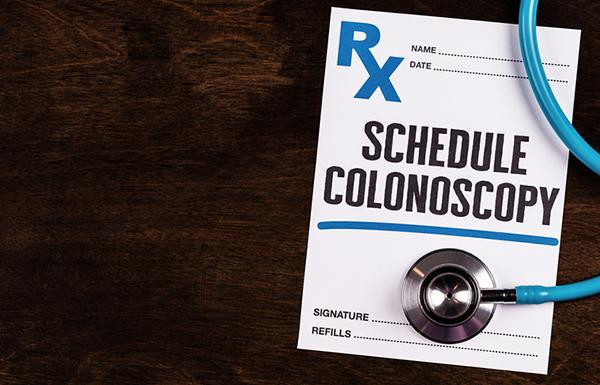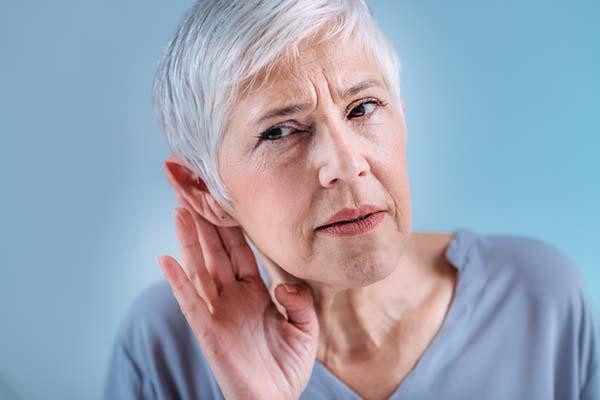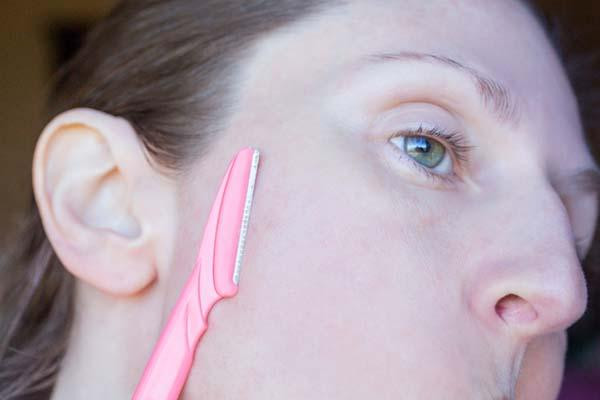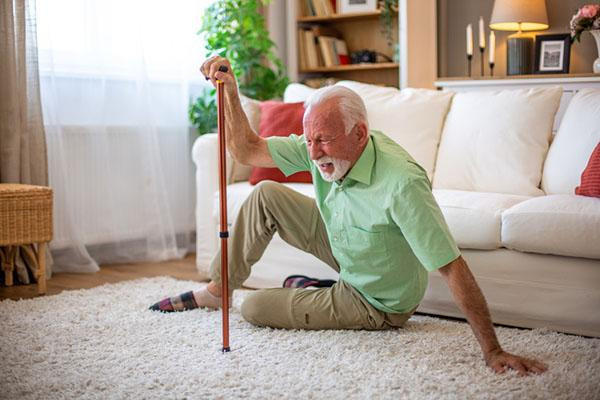
What are somatic workouts?

How to curb your stress eating

How to spot Parkinson’s disease symptoms

8 simple ways to reduce ultra-processed foods in your diet

Heart failure symptoms in women: How they’re different

GERD diet: Foods to avoid to reduce acid reflux

Strong is the new skinny

Everyday habits that sneakily weaken your bones

Don’t wait to get help for back pain

Correcting how you walk may ease osteoarthritis knee pain
Staying Healthy Archive
Articles
How to prep for a successful colonoscopy
Bowel preparation (prep) is considered the most unpleasant part of the colonoscopy process, but it’s also crucial. A clean bowel helps the gastroenterologist more easily locate and remove polyps, small growths that can develop into cancer. If the prep is inadequate, the patient will have to repeat the process. Updated guidelines for gastroenterologists, published in 2025, can help them guide their patients to have more successful preps.
How to feed your gut
The gut microbiota contains trillions of microbes, including both good and bad bacteria. Good bacteria help digest food and absorb nutrients, regulate appetite, synthesize vitamins, and support the immune system. When the gut microbiota becomes unbalanced because of an increasing number of bad bacteria, problems can arise. Keeping the gut balanced and healthy involves eating more probiotics (foods containing good bacteria) and prebiotics (foods that help existing good bacteria grow).
Ototoxic drugs: Medications that may harm hearing
The term ototoxicity describes inner ear damage from drugs that can cause tinnitus (ringing in the ears), and affect hearing and sometimes balance. Medications more likely to cause ototoxicity include aspirin; the antibiotics azithromycin and clarithromycin; certain chemotherapy drugs; loop diuretics such as furosemide (Lasix); and some biologics. These drugs can damage hearing by injuring hairlike projections in the inner ear. People taking ototoxic drugs should get their hearing tested before, during, and after using the drug.
Is it safe to dermaplane my face?
Dermaplaning is a technique that removes hair and dead skin cells from the face. Dermaplaning uses a type of razor or scalpel. When performed properly, the technique is safe, though it can nick facial skin.
What are the health benefits of elderberry?
Elderberry syrup or tea may help reduce the duration and severity of cold and flu symptoms. But the evidence for these benefits is uncertain, since the studies are small and most did not compare elderberry to standard treatments. Claims that elderberry products can prevent viral infections or boost immunity are unproven. Elderberry supplements appear to be relatively safe; in clinical trials, effects such as nausea, vomiting, or diarrhea were mild and rare.
4 types of medication that may increase your chance of falling
Four classes of drugs commonly prescribed to older adults—opioids, benzodiazepines, gabapentinoids, and antidepressants—may be driving the dramatic rise in deadly falls over the past three decades. Known as fall risk–increasing drugs (FRIDs), these drug classes affect brain function and can make people feel sleepy, dizzy, or confused—all of which can leave them vulnerable to falling. People currently taking these drugs shouldn’t stop taking them abruptly, as doing so may cause withdrawal symptoms. People should ask their primary care clinician to review all their medications at least once a year.
Intensive care patients are at high risk for falls and injuries when they return home
People who are hospitalized and stay in an intensive care unit have a high risk for home falls and injuries after being discharged, according to a 2025 study. Implementing physical therapy and increasing patient awareness about medication side effects may help.
The complicated risks of simple cold remedies
Over-the-counter cold remedies can be helpful, but they must be carefully considered before use. They contain drugs that can cause serious side effects, interact with other medications, and worsen certain health conditions. For example, decongestants can help ease a stuffy nose but also can increase blood pressure and heart rate. And cough suppressants can help someone stop coughing, but taking too much can cause dizziness, confusion, or even changes in mood or thinking.

What are somatic workouts?

How to curb your stress eating

How to spot Parkinson’s disease symptoms

8 simple ways to reduce ultra-processed foods in your diet

Heart failure symptoms in women: How they’re different

GERD diet: Foods to avoid to reduce acid reflux

Strong is the new skinny

Everyday habits that sneakily weaken your bones

Don’t wait to get help for back pain

Correcting how you walk may ease osteoarthritis knee pain
Free Healthbeat Signup
Get the latest in health news delivered to your inbox!
Sign Up










